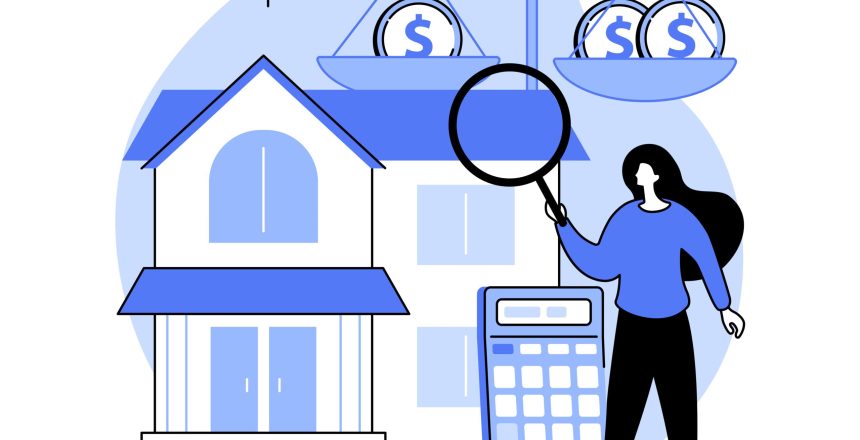You want to refinance your home, but your credit report doesn’t exactly look like a Bad Credit of roses. Refinancing surely won’t be easy to get, but don’t get stressed out.
Even though banks take a tough stand regarding their lending standards, it’s still not impossible to get refinancing for your home without an impeccable credit history. The bad news is that a lower credit score will result in a more expensive refinance. So the important consideration would be getting your home refinanced on worthwhile terms.
What Will You Have to Pay with Bad Credit?
If you have a considerably poor credit score, getting a rate as low as you hoped might not be possible. If your credit score is 620, expect to pay a rate which will be 1.5 percent more than what a borrower with good credit will pay.
A higher score of about 680 may imply that you’ll pay about half percent above a borrower with a perfect score of 760 plus. You need to keep in mind that various factors such as the amount of your home equity will impact your rate as well.
If your credit score is below 600, the going will get tougher. Some lenders may approve the refinance, but you should be prepared to pay a much higher rate than other homeowners.
If the reason for your dismal credit rating is a mortgage delinquency which is serious, you probably will not be able to refinance. A better alternative would be to consider a loan modification. Your mortgage service provider could help you with the available options.
If however, your poor credit is due to factors such as occasional late payment of car installments, you may still get refinanced in spite of not qualifying for the lowest rates.
Should you consider refinancing?
Even if you’re not eligible for the lowest mortgage rates, it may be worthwhile to refinance if you’re currently paying an abnormally high rate. Refinancing generally proves useful only if you can reduce your rate by a complete percentage point.
Shop around for suitable lenders
Different lenders cater to different segments of the market, and some specialize in loans to borrowers with weak credit. So make it a point to shop around.
Contact 5-10 lenders and brokers to find out their individual terms. Credit reporting agencies acknowledge that people are likely to inquire with multiple lenders whilst shopping for loans. They don’t bring down scores if you make multiple credit inquiries within a short period of time.
Improving your credit score
Undoubtedly, the best way to be eligible for a home loan is to try to improve your bad credit score. By law, you’re entitled to get a copy of your credit report for free every year from any of the major credit reporting agencies.
To better your credit history, make a habit of paying all bills on time. Many people are taken aback when they learn that they can improve their score significantly within 30 days by simply paying off credit cards with high balances. If your balance is greater than 25 percent of your limit on a card, it’s going to adversely affect your credit score.
When checking your credit reports, you might want to obtain your actual FICO credit score as well. The FICO score is typically used by mortgage lenders. The good thing about having your FICO credit score is that it lets you know exactly where you stand in relation to credit. It is also a good idea to know the real value of your home in today’s market. You can get an online home value report at Neighborhood IQ.

